
Armenia-Azerbaijan border crisis: contents of the secret document leaked
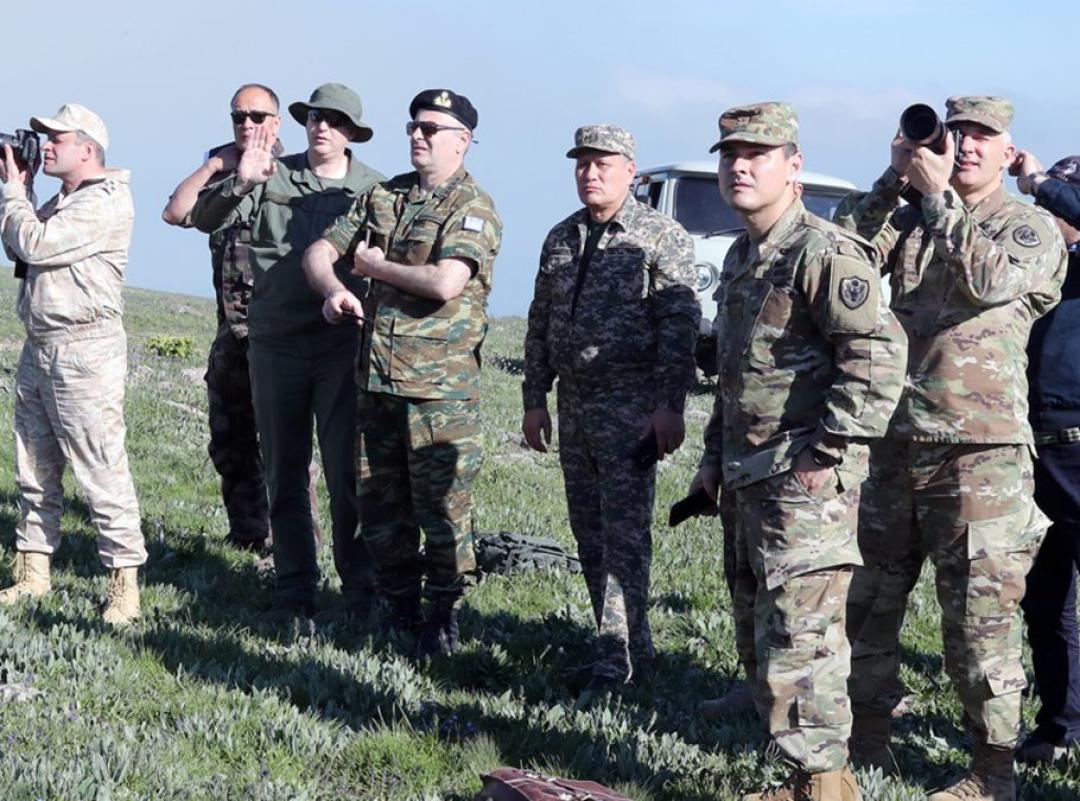
On 20 May, the Armenian media leaked the full content of the “secret document” which was circulating through the internet (Caucasus Watch reported), which authenticity was confirmed by the Yerevan authorities.
According to the first paragraph, “in order to strengthen peace, stability, and security in the region in accordance with the statements of the leaders of the three countries of 9 November 2020 and 11 January 2021, a joint Commission to delimit the border between the Republic of Azerbaijan and the Republic of Armenia with its subsequent demarcation is being created.”
As follows from the second paragraph, “the governments of Azerbaijan and Armenia are to appoint national delegations within the Commission until 31 May 2021.” In accordance with the third paragraph, the Russian government would form a delegation for "advisory assistance within the Commission by 31 May of this year.” The fourth paragraph specifies that the delegations would be led by special plenipotentiary representatives who would be appointed in accordance with the national legislations of Azerbaijan, Armenia, and Russia.
According to the fifth paragraph, the Joint Commission will hold its first meeting by 30 June of this year, following which a list of key areas and a procedure for work will be formed. In addition, it will approve the composition of the expert groups, which will include officials from the competent authorities and organisations. These expert groups, according to paragraph 6, “will present a list of activities within their competence” within a month after the first meeting of the Commission.
The seventh paragraph is especially important: “All issues related to the proper implementation of this Statement and the achievement of the Commission's goals will be resolved exclusively by political and diplomatic means, in line with the trilateral agreements at the highest level.”
In the meantime, Armenia’s parliament declined to support an opposition drafted statement that called for the acting PM to not sign the document that would create the commission. "The signing of a document on the delimitation and demarcation of the Armenian-Azerbaijani line of contact as a result of possible pressures or any manifestation excluding free expression of will is fraught with the subordination of national and state interests, as well as the emergence of unfavourable and irreversible consequences in connection with the borders of Nagorno-Karabakh, the realisation of the right of its people to self-determination, with a heavy burden on future generations of the Armenian people and the danger of being deprived of the right to restore justice guaranteed by international law," read the statement of the opposition Bright Armenia party, who initiated the session.
The chairman of the Armenian parliament committee on foreign relations Ruben Rubinyan said that the process of delimitation and demarcation of the Armenian-Azerbaijani borders would not apply to the borders of Nagorno-Karabakh. “If this document is signed and the border delimitation commission is created, and that can happen only if Azerbaijani troops that advanced into the Armenian territory in early May pull back to their original positions, it will be about the delimitation and demarcation of the border between Armenia and Azerbaijan, not Azerbaijan and Karabakh. In other words, the delimitation process and the commission will have nothing to do with the borders of Karabakh and its status issue,” Rubinyan said.
While commenting on the issue, the Secretary of Armenia’s Security Council Armen Grigoryan said that the border crisis in Armenia's province of Syunik has not been yet resolved and the tension still persists. Speaking on the document, Grigoryan stressed that it is only about the creation of three separate national delegations (Armenia, Azerbaijan, and Russia) on demarcation and delimitation issues, about their composition and the date of the upcoming meeting. “The demarcation and delimitation of borders is a complex of interstate and international relations. They include numerous aspects, such as the issue of succession of states, economic, social, demographic issues and others,” he stressed.
Armenia’s Ombudsman Arman Tatoyan emphasised that the process of demarcation and delimitation of borders between Armenia and Azerbaijan would require the creation of a security zone around the Gegharkunik and Syunik regions, along all the sections of the border with Azerbaijan.
See Also

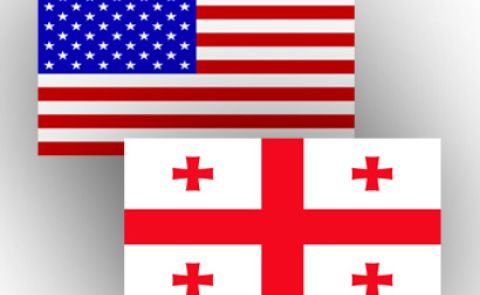
Kobakhidze Meets US Senator Daines to Discuss Bilateral Relations
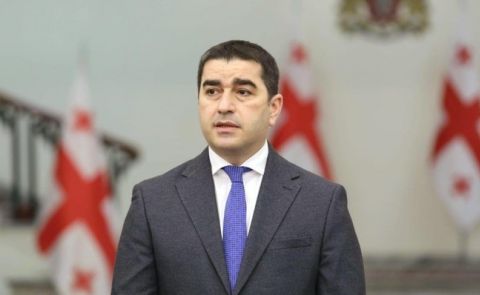
Georgian Speaker Condemns Embassy Travel Warnings as Economic Attack
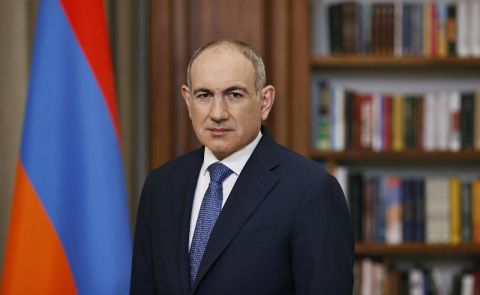
Political Crisis Deepens Between Armenian Government and Apostolic Church After Pashinyan’s Remarks
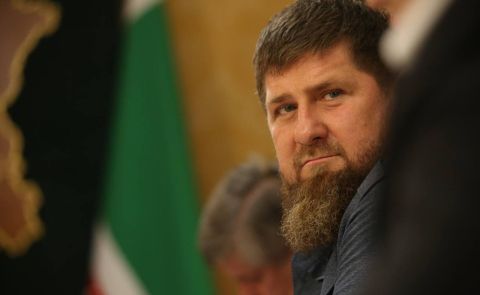
Ramzan Kadyrov Awards Title to Ingush Businessman

